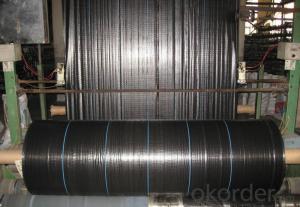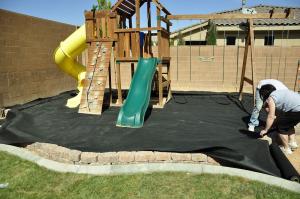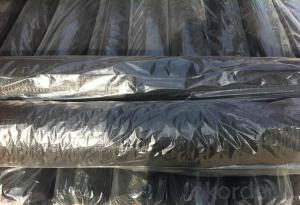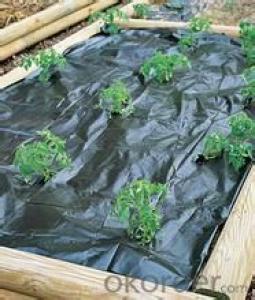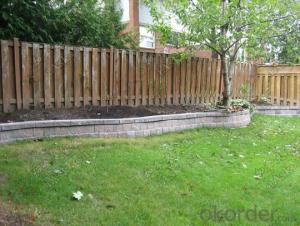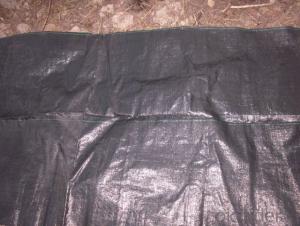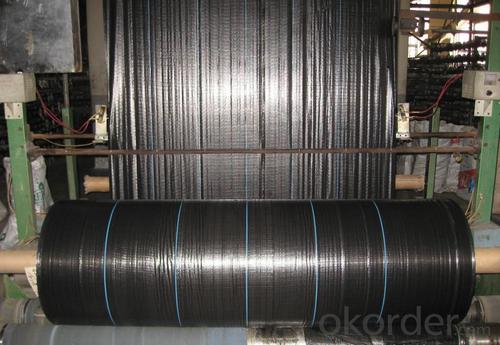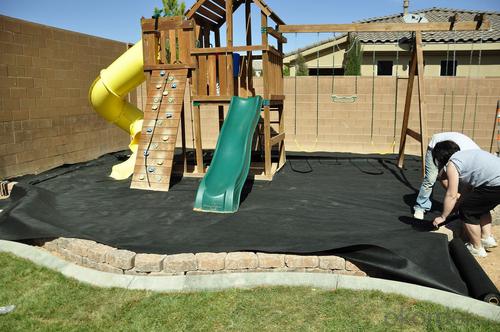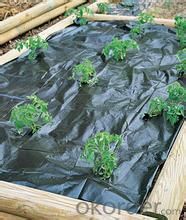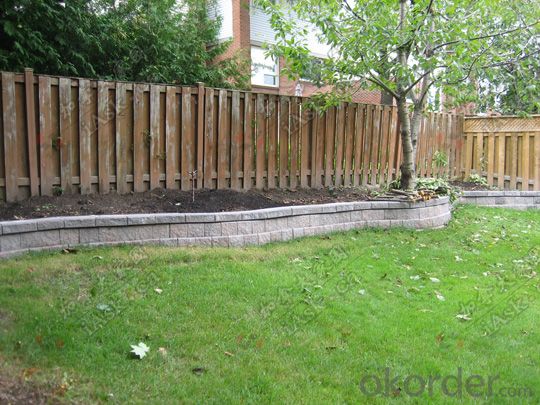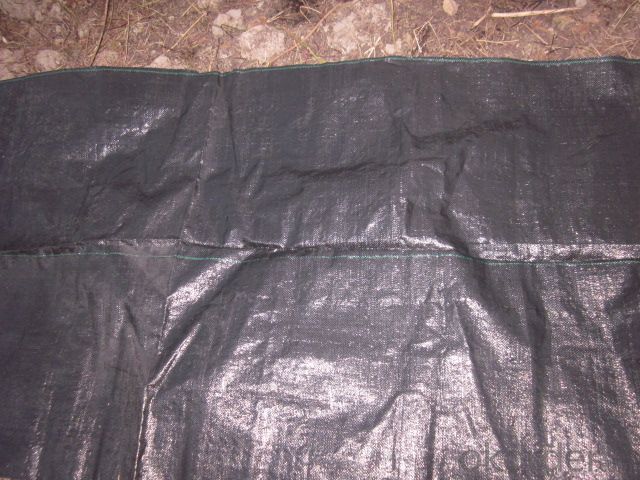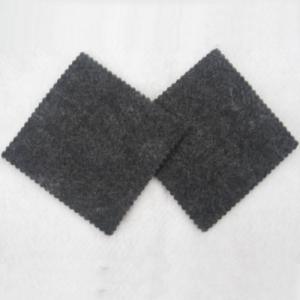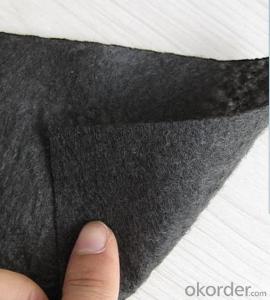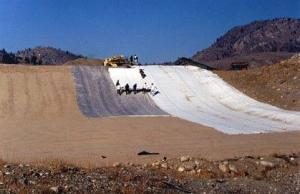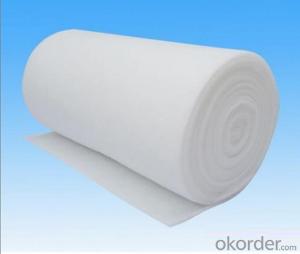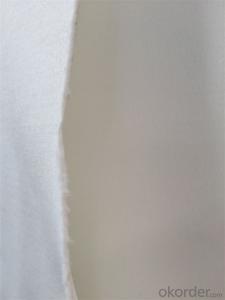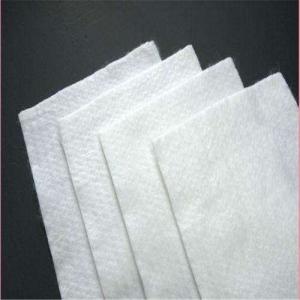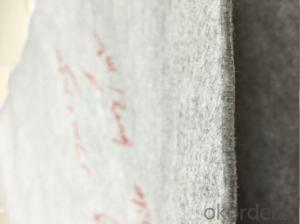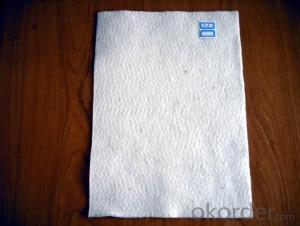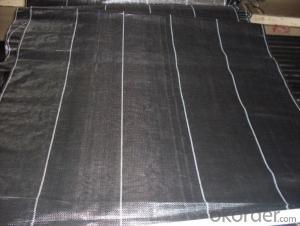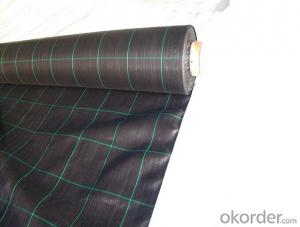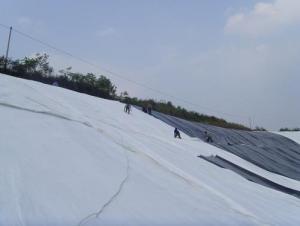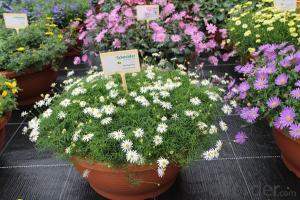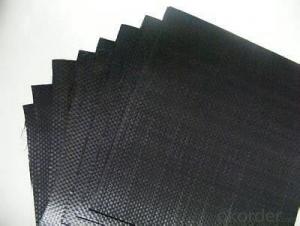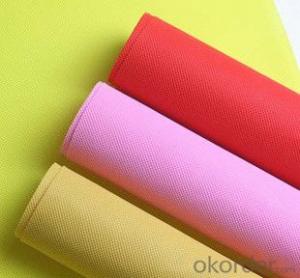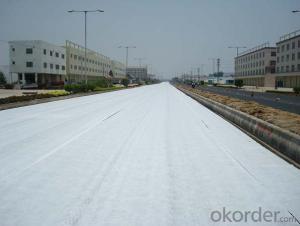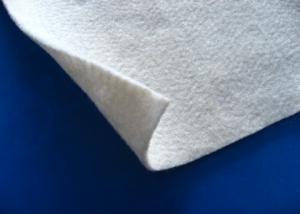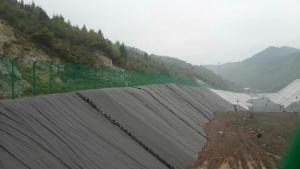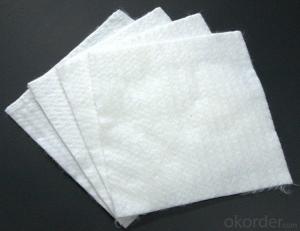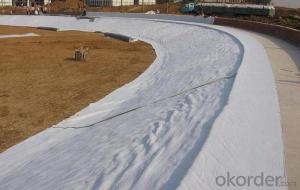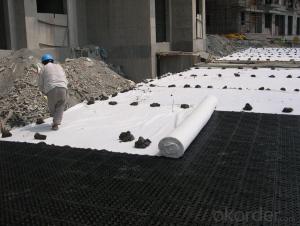Polyfelt Eco-Friendly PP Spunbonded Nonwoven Weed Mat Geotextile
- Loading Port:
- Qingdao
- Payment Terms:
- TT OR LC
- Min Order Qty:
- 500 m²
- Supply Capability:
- 500000 m²/month
OKorder Service Pledge
OKorder Financial Service
You Might Also Like
Product Description
The weed control mat is made of environmentally friendly raw materials, pp woven fabric. It used to prevent the growth of weed, without the use of potentially dangerous chemical sprays or labor intensive hoeing. Once installed, weed mat will continue providing protection for years without maintenance.
They are permeable fabrics, which allow air, water and nutrients to pass through, and designed to block out the sun to reduce photosynthesis and stop weed growth.
Specification
ROPERTY | ASTM TEST METHOD | Minimum Average | Minimum Average |
Mass per unit Area | ASTM D-5261 | 3.0 oz/yd2 | 100 g/m2 |
Grab Tensile | ASTM D-4632 | 145 lbs | 660 N |
Grab Elongation | ASTM D-4632 | 15% | 15% |
Trapezoid Tear | ASTM D-4533 | 55 lbs | 245 N |
Water Flow Rate | ASTM D-4491 | 5 gal/min/ft2 | 203 L/min/m2 |
UV Resistance | ASTM D-4355 | 70% @ 500 hrs | 70% @ 500 hrs |
ROLL DIMENSIONS | |||
Roll Width | 0.9m (3’) | 1.8m (6') | 2.7m (9') |
Roll Length | 91.4m (300’) | ||
Roll Weight | 8kgs (17lbs) | 16kgs (34lbs) | 24kgs (52bs) |
Features
1. Weed suppressant and drainage control landscaping fabric
2. Easy to use, Environmentally friendly
3. Allows water, air and nutrients through, suppressing weeds without the use of chemicals
4. Reduces the level of watering required due to the slower rate of water evaporation
Application
1. Excellent Weed Control
2. Moisture, fertilizers, air reach plants to allow for healthy soil
3. Good water and air permeability
4. Exceptional toughness and strength
5. Durable, tear-resistant; won't rot or mildew
6. Lightweight, easy to install, follows natural ground contours
7. Ideal for use in landscaped beds, under decks and walkways.
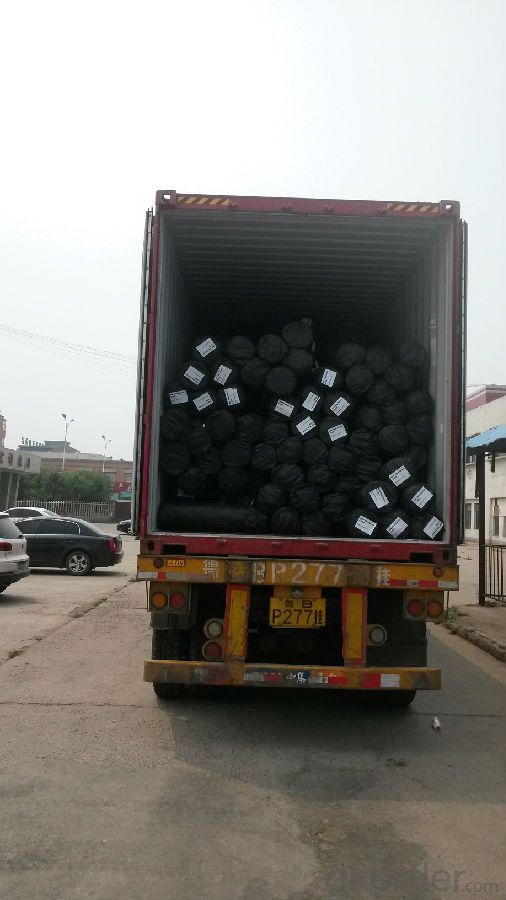
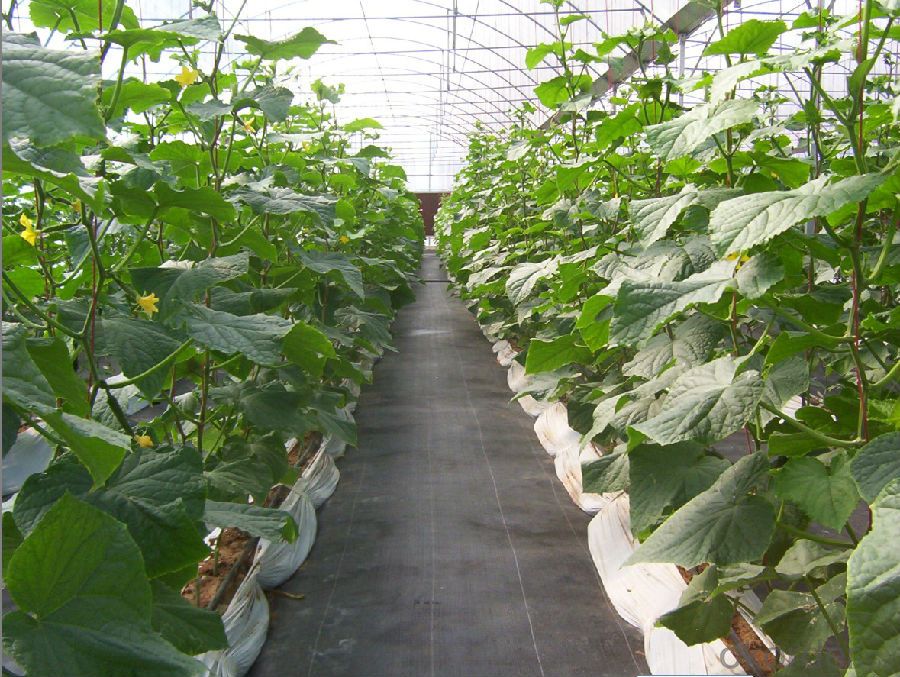
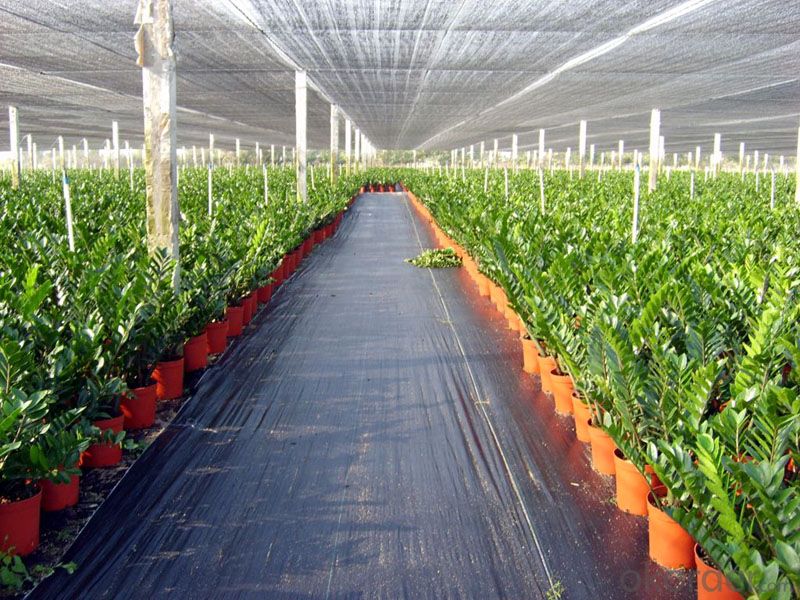
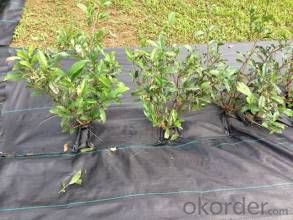
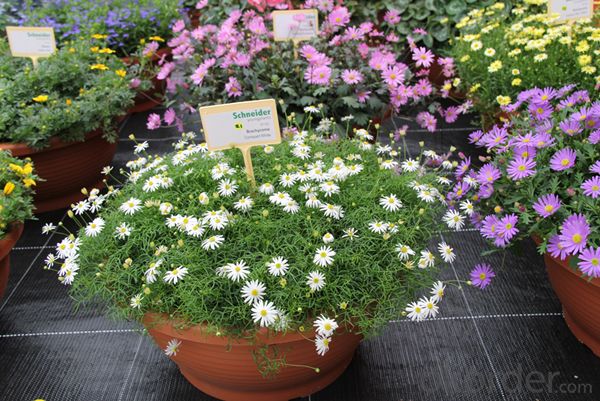
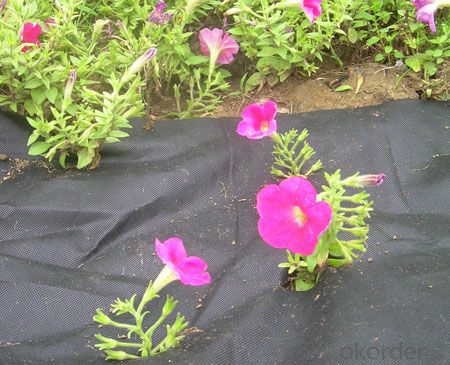
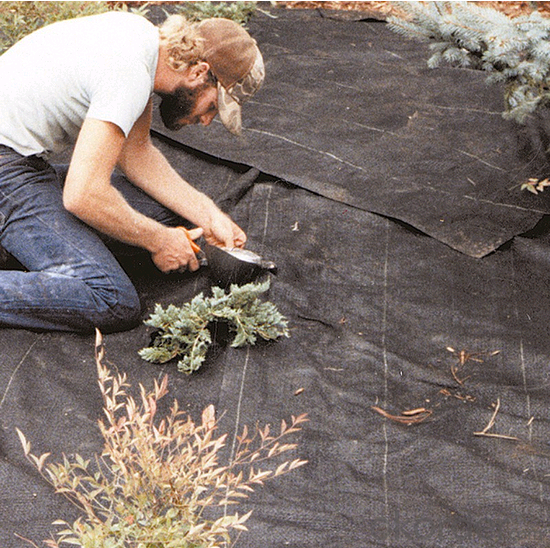
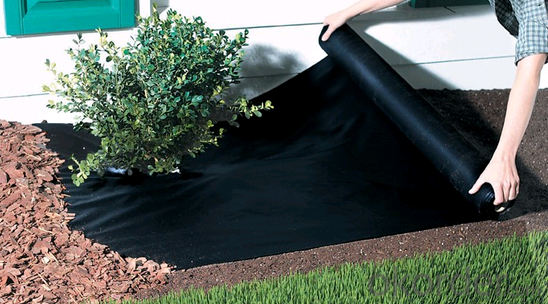
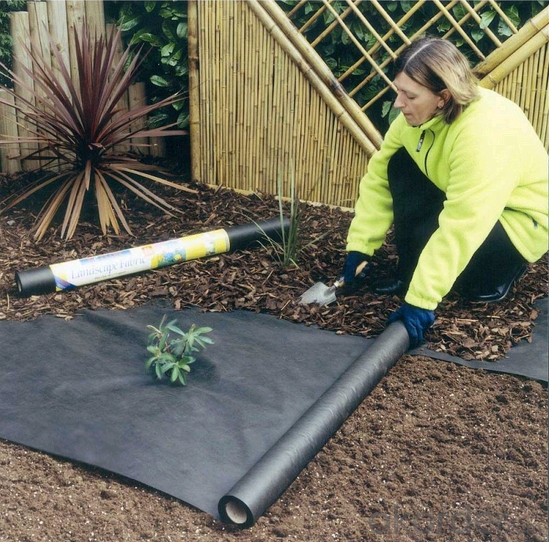
FAQ
1, Samples Policy
Samples are free, but the freight is on customers' charge
Samples will usually be sent out in one day.
2, Prices
As for the prices, we need you to provide us weight, color, width and usage so that
we can quote you best.
3, How to place an order?
Inquiry
Reply
Sample
Contract
Receiving deposit& production
Testing& Packing
Delivery
Receiving
- Q: What is the purpose of using geotextiles?
- The purpose of using geotextiles is to provide a wide range of functions in different construction and engineering applications. These functions include soil stabilization, erosion control, filtration, drainage, separation, and reinforcement. Geotextiles act as a protective barrier, improving the performance and lifespan of infrastructure projects such as roads, embankments, retaining walls, and landfills.
- Q: How do geotextiles help with reinforcement of embankments?
- Geotextiles help with the reinforcement of embankments by providing stability, preventing soil erosion, and improving overall durability. They act as a barrier between soil layers, distributing loads and reducing the risk of settlement or slope failure. Additionally, geotextiles allow for better drainage, reducing the buildup of water pressure behind the embankment and minimizing the possibility of landslides.
- Q: How do geotextiles affect wildlife habitats?
- Geotextiles can have both positive and negative effects on wildlife habitats. On one hand, geotextiles can be used as a barrier to protect wildlife habitats from erosion and sedimentation, preserving their integrity. On the other hand, improper installation or use of geotextiles can disrupt natural drainage patterns, alter soil composition, and hinder the movement of certain species, potentially leading to negative impacts on wildlife populations. Therefore, careful planning and consideration of geotextile applications are necessary to ensure minimal disturbance to wildlife habitats.
- Q: Can geotextiles be used for erosion control in mining sites?
- Yes, geotextiles can be used for erosion control in mining sites. Geotextiles are permeable fabrics that are often used to stabilize soil and prevent erosion by separating, filtering, and reinforcing different layers of soil. In mining sites, where the land is disturbed and susceptible to erosion, geotextiles can be employed as an effective erosion control measure. They can be used to cover exposed soil, reinforce slopes, and retain sediment, minimizing erosion and protecting the ecosystem.
- Q: How do geotextiles contribute to sustainable drainage systems?
- Geotextiles contribute to sustainable drainage systems by providing effective filtration and separation of different soil layers, preventing clogging and promoting efficient water flow. They also enhance soil stability, reducing erosion and maintaining the integrity of the drainage system over time. Additionally, geotextiles can be made from recycled materials, reducing waste and promoting sustainability in drainage infrastructure.
- Q: How do geotextiles help with soil confinement in erosion control mats?
- Geotextiles help with soil confinement in erosion control mats by providing a stable base for vegetation to grow, preventing soil erosion and promoting root development. The geotextiles act as a barrier, holding the soil particles in place while still allowing water to pass through, reducing the impact of rainfall or water flow on the soil surface.
- Q: Are geotextiles suitable for use in reservoir lining?
- Yes, geotextiles are suitable for use in reservoir lining. They are a cost-effective and efficient solution for preventing soil erosion, enhancing filtration, and providing stability to the reservoir's lining. Geotextiles can effectively separate different soil layers, improve drainage, and prevent the migration of fine particles, which makes them ideal for lining reservoirs and ensuring their long-term integrity and functionality.
- Q: How do geotextiles aid in the reduction of soil compaction?
- Geotextiles aid in the reduction of soil compaction by providing a barrier between the soil and external loads, distributing the load more evenly and reducing the pressure on the soil. This allows the soil to retain its natural structure and porosity, thereby minimizing compaction and preserving its ability to absorb and drain water effectively.
- Q: Can geotextiles be used in underground drainage systems?
- Yes, geotextiles can be used in underground drainage systems. They are commonly used to improve the filtration and separation functions of the system by preventing soil particles from clogging the drainage pipes. Geotextiles also provide additional stability to the system and enhance its overall performance.
- Q: What are the primary applications of geotextiles?
- Geotextiles have various primary applications that include erosion control, soil stabilization, drainage systems, road construction, and filtration.
Send your message to us
Polyfelt Eco-Friendly PP Spunbonded Nonwoven Weed Mat Geotextile
- Loading Port:
- Qingdao
- Payment Terms:
- TT OR LC
- Min Order Qty:
- 500 m²
- Supply Capability:
- 500000 m²/month
OKorder Service Pledge
OKorder Financial Service
Similar products
Hot products
Hot Searches
Related keywords
